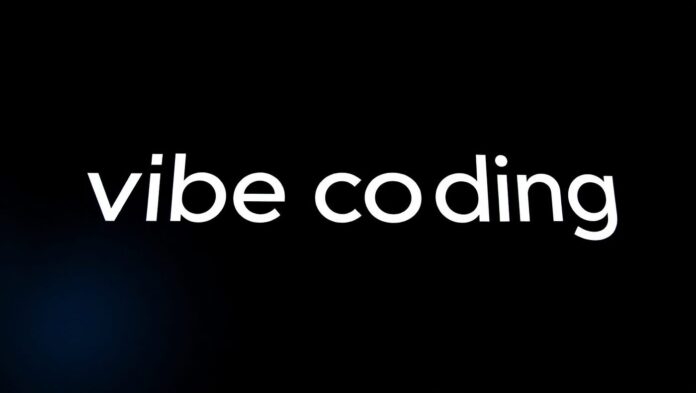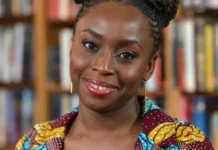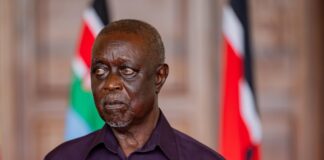“Vibe coding,” a phrase that describes the use of artificial intelligence to translate natural language into computer code, has been chosen as the Collins Dictionary word of the year for 2025.
Lexicographers at Collins said they selected the term after recording a sharp rise in its use since it first appeared in February. The decision was informed by the 24 billion word Collins Corpus, which tracks language from across news, books and social media.
The phrase was coined by Andrej Karpathy, a former director of AI at Tesla and one of OpenAI’s founding engineers. He used it to describe a new kind of software development where users can create apps simply by describing what they want, effectively “forgetting that the code even exists.”
Alex Beecroft, managing director of Collins, said the choice reflected how technology is transforming not only the way people build software but also the language they use to describe it. “The seamless integration of human creativity and machine intelligence demonstrates how natural language is fundamentally changing our interaction with computers,” he said.
Other new or notable terms on this year’s list include “biohacking,” meaning the modification of the body’s natural processes to improve health or longevity, and “clanker,” a derogatory word for AI systems or robots that gained popularity online after being featured in Star Wars: The Clone Wars.
Also making the list is “glaze,” a verb meaning to flatter someone excessively, and “aura farming,” the practice of cultivating a carefully curated persona, often for social media influence. The phrase went mainstream after a viral “boat kid” video inspired a dance trend shared by celebrities such as Travis Kelce.
Tech industry elites were collectively dubbed the “broligarchy” following their high-profile appearance at Donald Trump’s inauguration, while “Henry” — shorthand for “high earner, not rich yet” — also rose in use.
Other additions include “coolcation,” referring to holidays in cooler destinations, “taskmasking,” which describes pretending to be productive at work, and “micro-retirement,” a temporary career break for personal pursuits.
The 2025 list, Collins said, reflects a year defined by the convergence of technology, culture and self-expression — a linguistic snapshot of how people continue to adapt to a world increasingly shaped by AI.


















